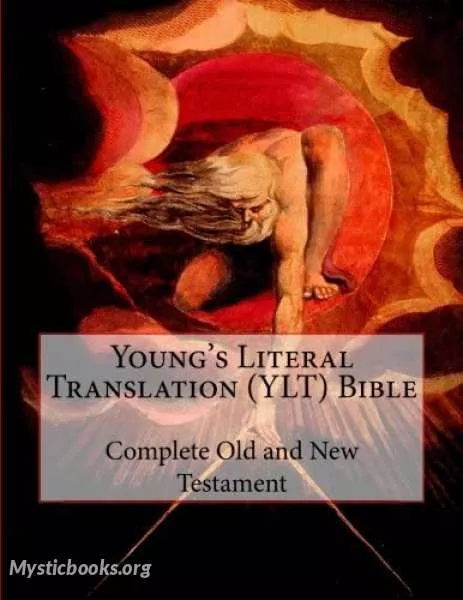
The Bible, Young's Literal Translation (YLT), New Testament
by Robert Young
'The Bible, Young's Literal Translation (YLT), New Testament' Summary
The Literal Translation is, as the name implies, a very literal translation of the original Hebrew and Greek texts. The Preface to the Second Edition states,
If a translation gives a present tense when the original gives a past, or a past when it has a present; a perfect for a future, or a future for a perfect; an a for a the, or a the for an a; an imperative for a subjunctive, or a subjunctive for an imperative; a verb for a noun, or a noun for a verb, it is clear that verbal inspiration is as much overlooked as if it had no existence. THE WORD OF GOD IS MADE VOID BY THE TRADITIONS OF MEN. [Emphases in original.]
Therefore, Young used the present tense in many places in which other translations use the past tense, particularly in narratives. For example, the YLT version of Genesis begins as follows:
- In the beginning of God's preparing the heavens and the earth—
- the earth hath existed waste and void, and darkness on the face of the deep, and the Spirit of God fluttering on the face of the waters,
- and God saith, 'Let light be;' and light is.
- And God seeth the light that it is good, and God separateth between the light and the darkness,
- and God calleth to the light 'Day,' and to the darkness He hath called 'Night;' and there is an evening, and there is a morning—day one.
- And God saith, 'Let an expanse be in the midst of the waters, and let it be separating between waters and waters.'
- And God maketh the expanse, and it separateth between the waters which under the expanse, and the waters which above the expanse: and it is so.
- And God calleth to the expanse 'Heavens;' and there is an evening, and there is a morning—day second.
- And God saith, 'Let the waters under the heavens be collected unto one place, and let the dry land be seen:' and it is so.
- And God calleth to the dry land `Earth,' and to the collection of the waters He hath called 'Seas;' and God seeth that good.
- And God saith, 'Let the earth yield tender grass, herb sowing seed, fruit-tree (whose seed in itself) making fruit after its kind, on the earth:' and it is so.
- And the earth bringeth forth tender grass, herb sowing seed after its kind, and tree making fruit (whose seed in itself) after its kind; and God seeth that good;
- and there is an evening, and there is a morning—day third.
Book Details
Language
EnglishOriginal Language
EnglishPublished In
1862Authors
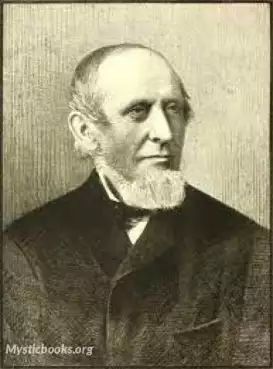
Robert Young
Scotland
Robert Young, LL.D was a Scottish publisher who was self-taught and proficient in various Oriental languages. He published several works, the best known being a Bible translation, commonly referred to...
Books by Robert YoungDownload eBooks
Listen/Download Audiobook
- Select Speed
Related books
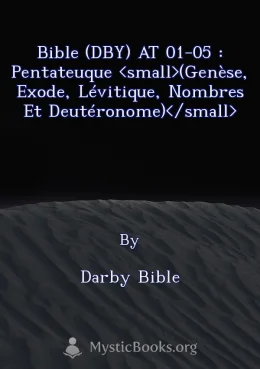
Bible (DBY) AT 01-05 : Pentateuque <small>(Genèse, Exode, Lévitique, Nombres et Deutéronome)</small> by Darby Bible
Le Pentateuque, composé de cinq livres, présente les débuts de la relation entre Dieu et l'humanité, ainsi que le peuple d'Israël. Il retrace la créat...
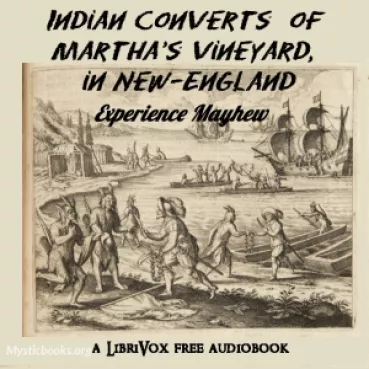
Indian Converts of Martha's Vineyard, in New-England by Experience Mayhew
This book provides valuable insights into the religious practices and spiritual experiences of the Native American community on Martha's Vineyard. Thi...
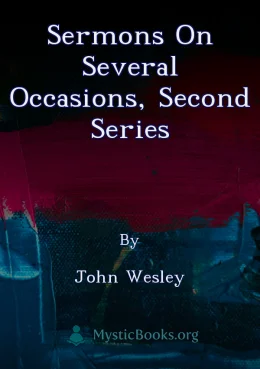
Sermons on Several Occasions, Second Series by John Wesley
This collection of sermons, originally delivered between 1740 and 1749, explores key Christian doctrines and practices as envisioned by John Wesley, a...
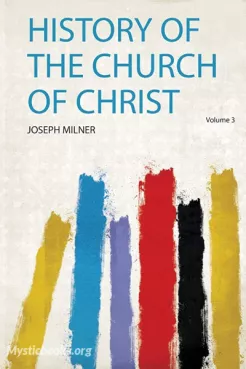
The History of the Church of Christ: Century III by Joseph Milner
The book covers the history of Christianity in the third century AD, a period marked by significant developments and controversies within the Church....
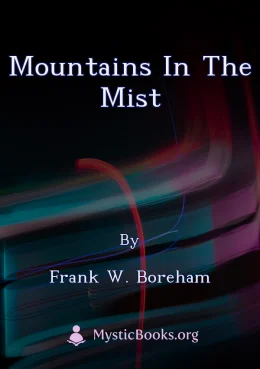
Mountains in the Mist by Frank W. Boreham
Frank W. Boreham, a renowned preacher, weaves together his profound insights on spiritual truths with vivid imagery of mountains shrouded in mist. Thi...
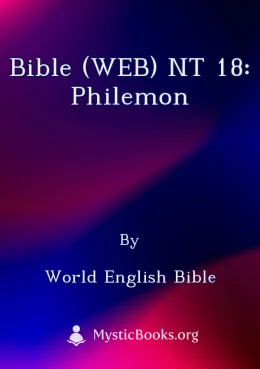
Bible (WEB) NT 18: Philemon by World English Bible
While in prison, Paul writes this letter to another Christian, Philemon. Paul has met with and converted a man named Onesimus, probably a runaway sla...
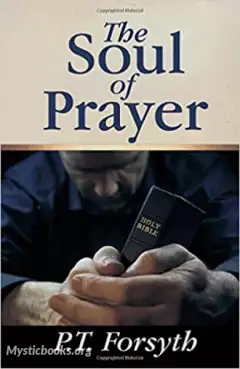
The Soul of Prayer by P.T. Forsyth
"The worst sin is prayerlessness," states P.T. Forsyth at the start of this work on prayer but follows this up with the suggestion that the study of p...
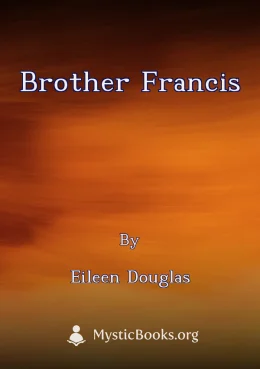
Brother Francis by Eileen Douglas
This biography of Saint Francis of Assisi delves into the life and teachings of the influential religious figure. Eileen Douglas explores Francis's jo...
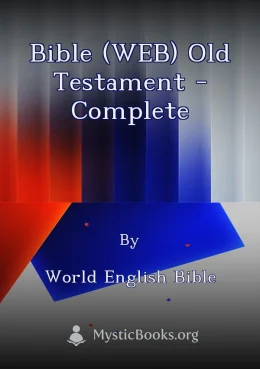
Bible (WEB) Old Testament - complete by World English Bible
The World English Bible is a modern English translation of the Bible, released directly into the public domain. (Summary by Leon Mire)

A Divine Cordial (All Things for Good) by Thomas Watson
This book is an exposition of Romans 8:28: "We know that all things work together for good to them that love God, to them who are the called according...
Reviews for The Bible, Young's Literal Translation (YLT), New Testament
No reviews posted or approved, yet...